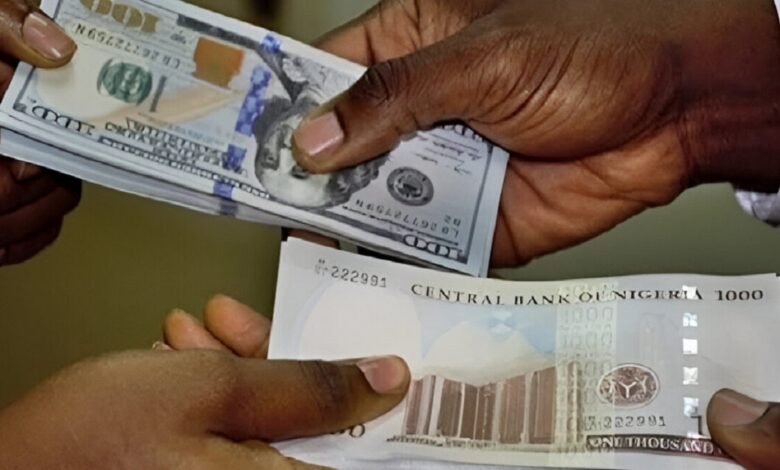
The Central Bank of Nigeria’s efforts to combat the scarcity of foreign currency are seen as a positive move for credit but carry risks as the naira has been devalued by 38%, says Moody’s in its credit outlook report.
On January 31, the naira closed at 1456 per US dollar following a methodological change in the calculation of the official exchange rate by the FMDQ Group PLC, at the request of the central bank, resulting in a de facto devaluation of 38%.
The central bank has also directed all commercial banks in Nigeria to decrease their surplus holdings of foreign currencies. These measures are intended to address Nigeria’s persistent lack of foreign exchange liquidity and are seen as positive policy actions. However, they pose substantial transition risks for the sovereign.
Devaluation Implications
The devaluation increases the already high inflation (28% at the end of 2023), creates spending pressure for the government, and heightens social risks.
A depreciating currency also increases the amount of sovereign debt. As of September 2023, approximately 36% of sovereign debt was in foreign currency, while the hedge provided by oil revenue denominated in US dollars is somewhat limited due to ongoing low oil production.
Despite the recent acceleration in inflation, monetary tightening has been on hold since July, when the policy rate was raised to 18.75%, significantly below the current inflation rate, leading to a negative real interest rate.
Moody’s says attracting foreign investment inflows remains challenging but crucial for any lasting improvement in Nigeria’s external position.
“The fiscal relief resulting from the removal of the oil subsidy is hard to forecast. The elimination of most of Nigeria’s oil subsidy and higher oil prices in naira terms should bolster government revenue, counteracting or alleviating its spending pressure,” says Moody’s.
However, the Nigerian National Petroleum Company (NNPC), a state-owned oil company, transfers its net oil revenue (revenue minus a set of opaque company expenses).





